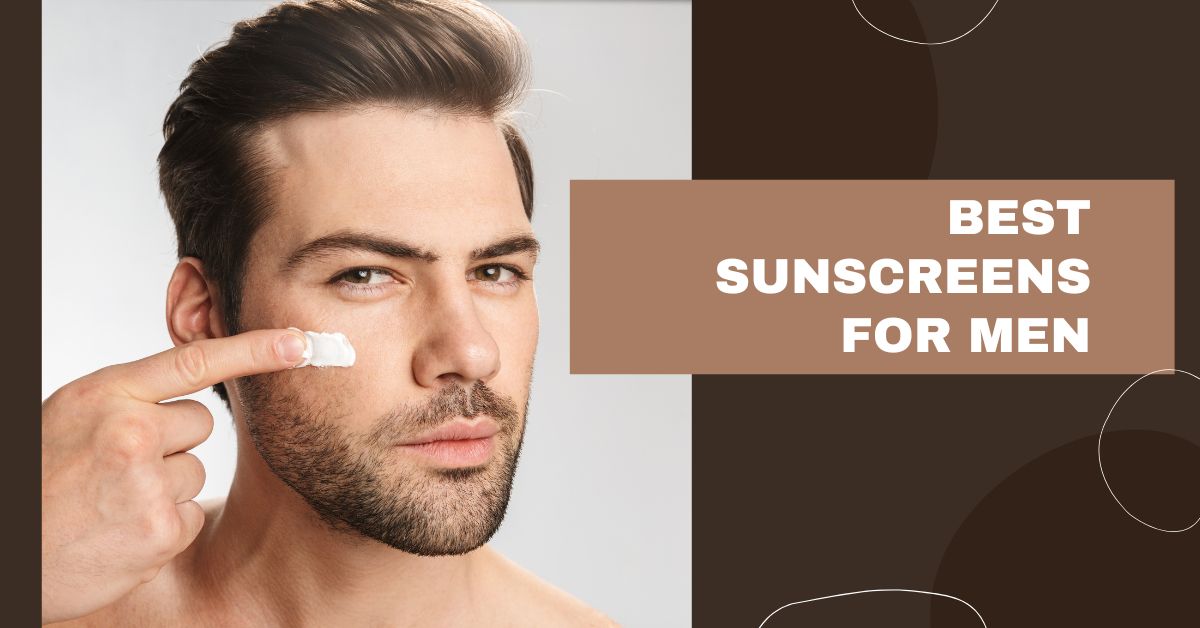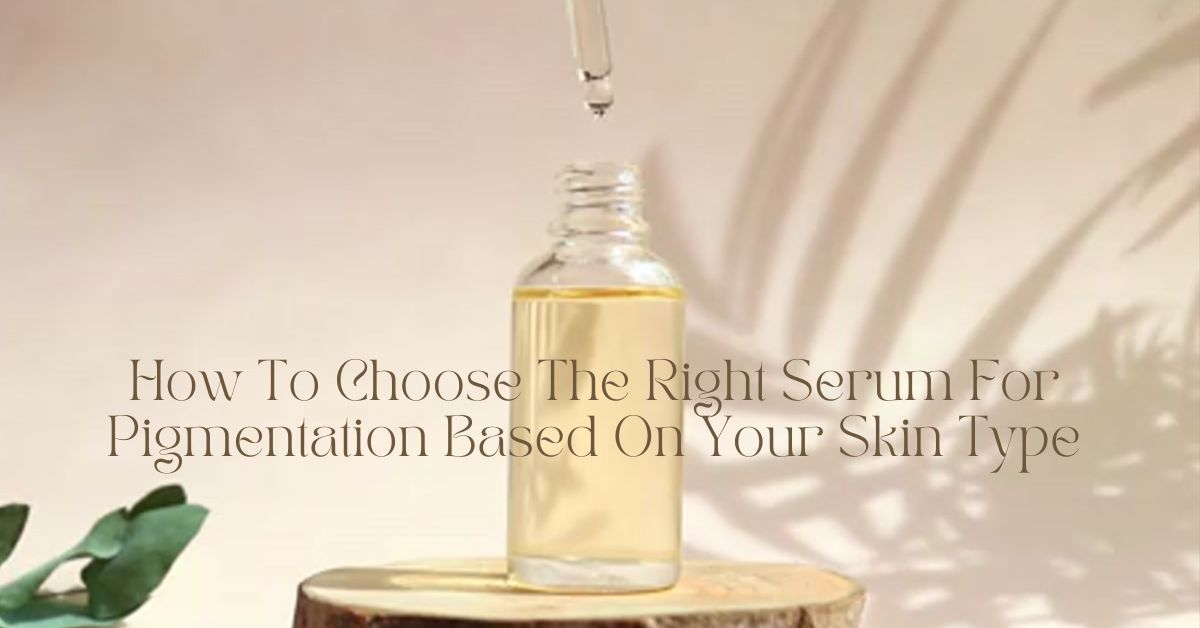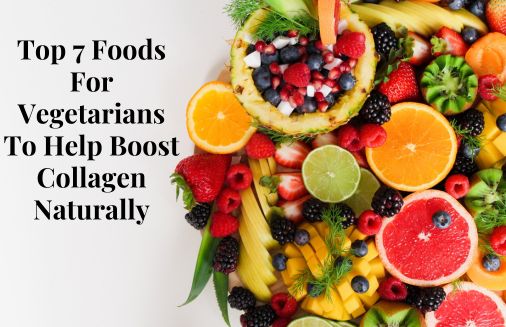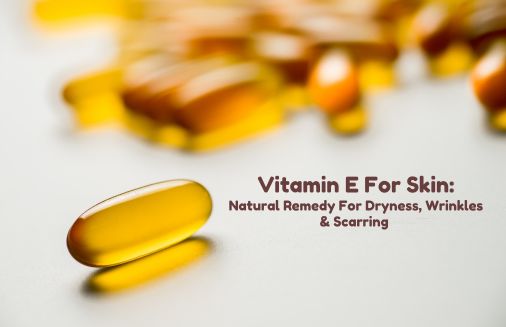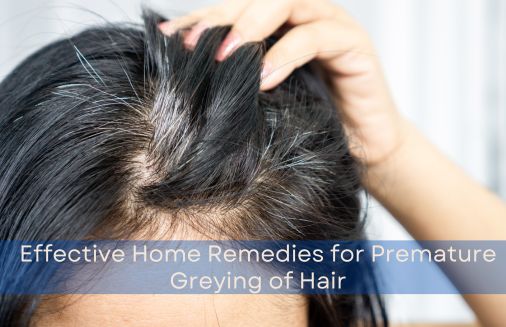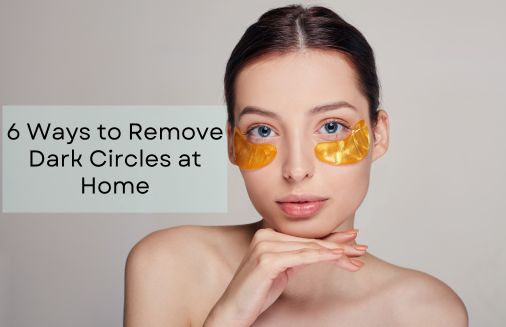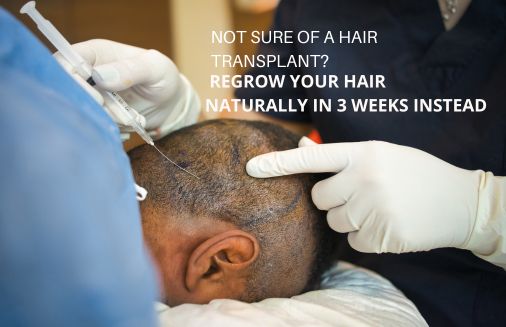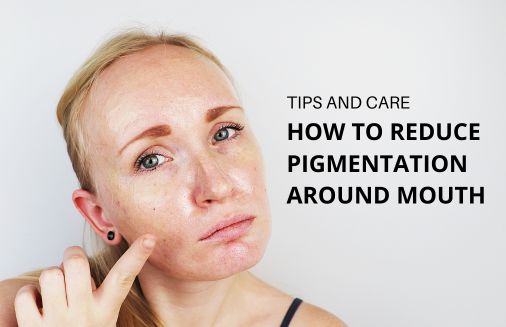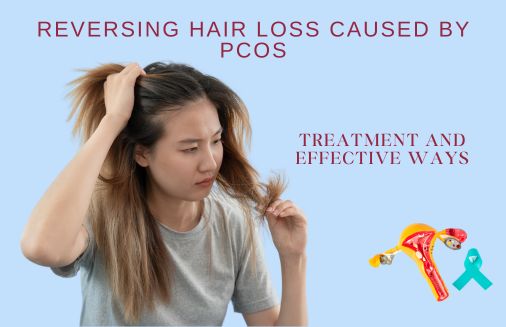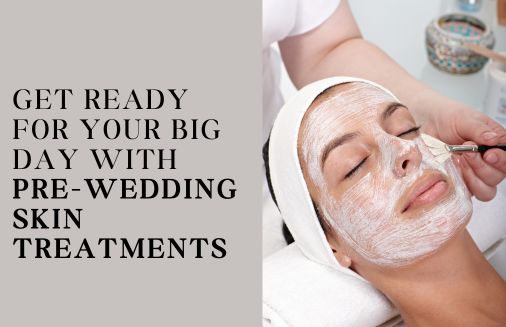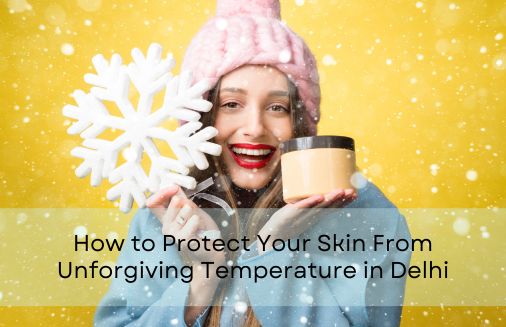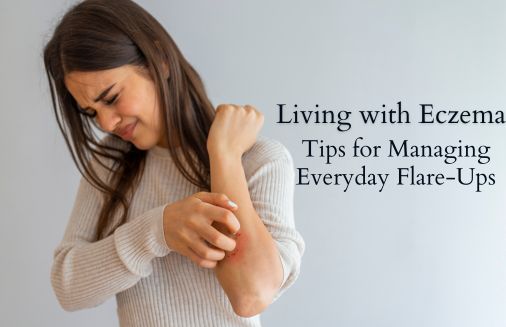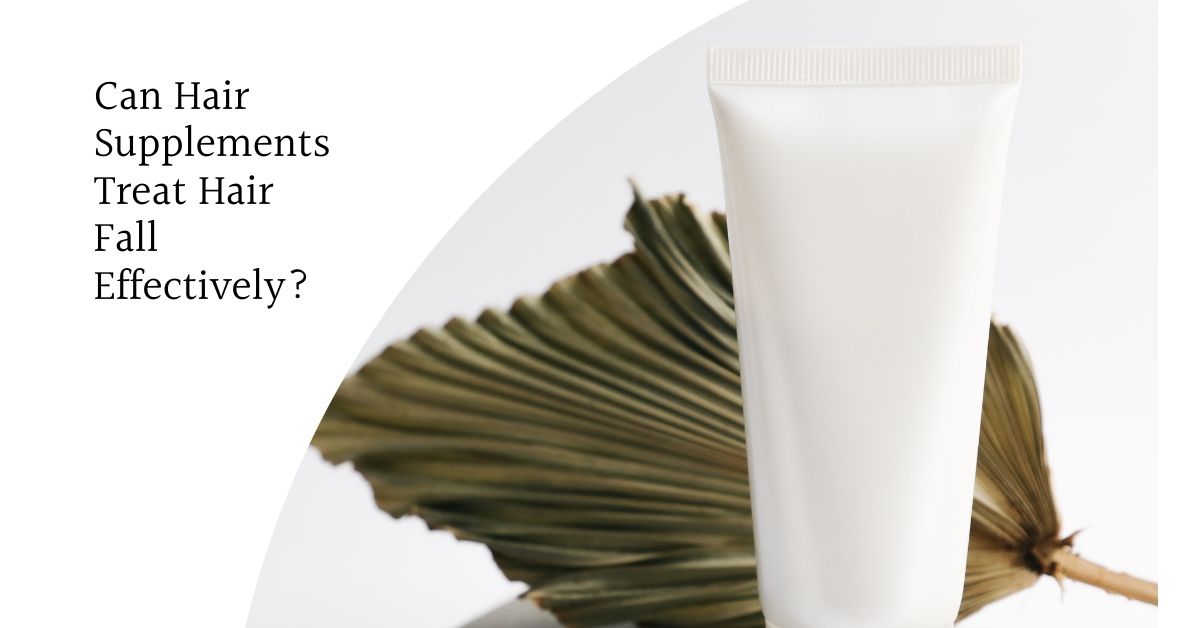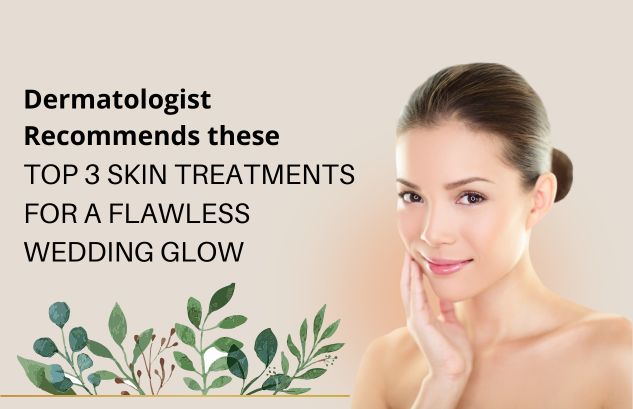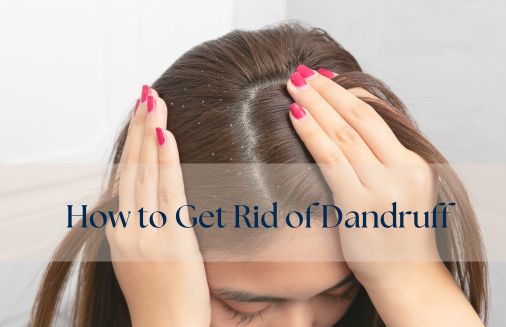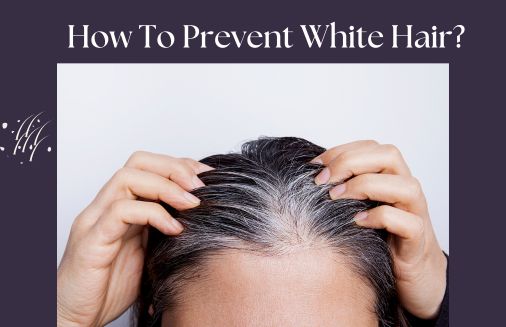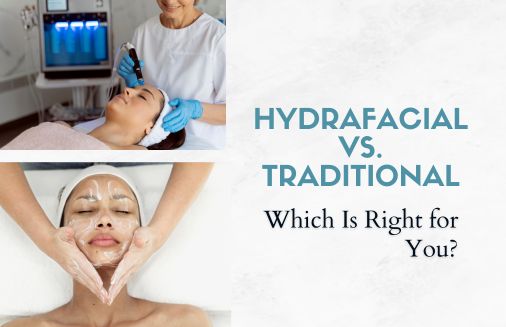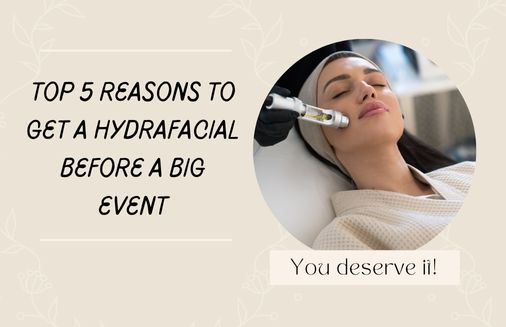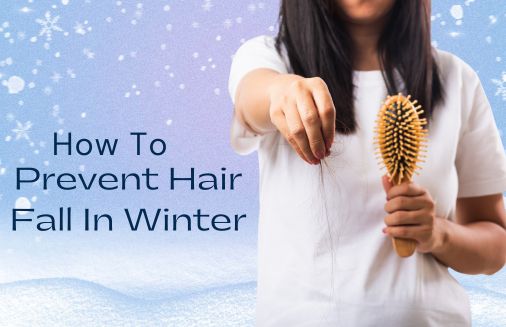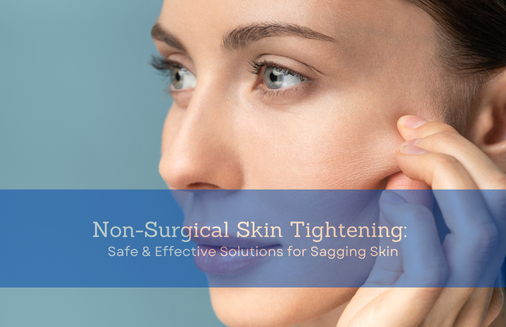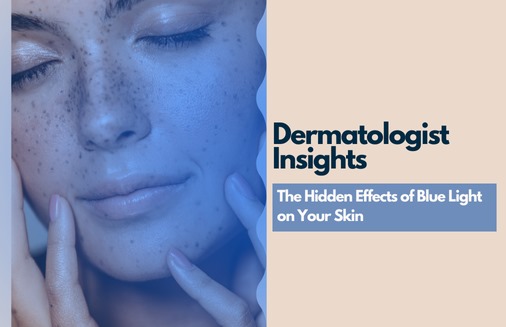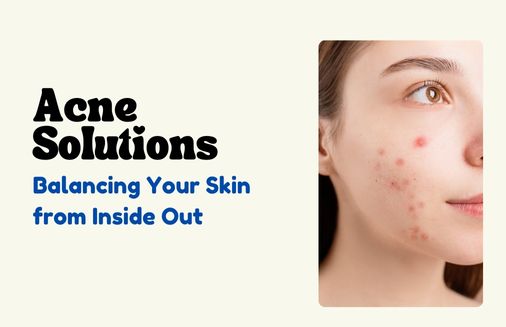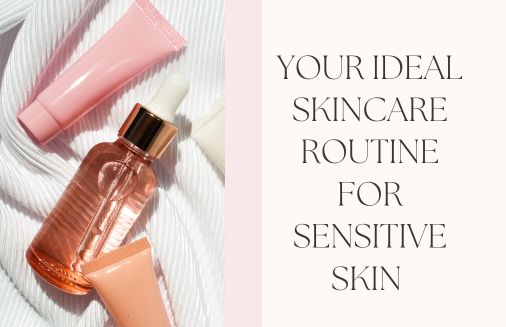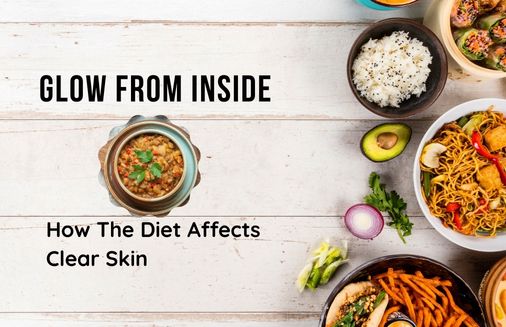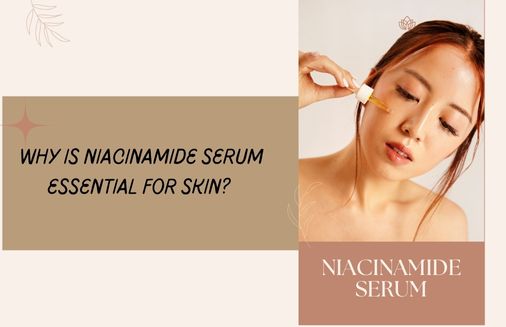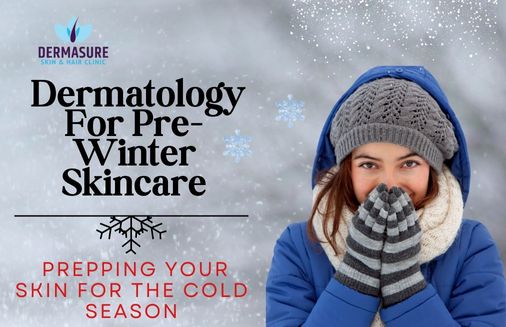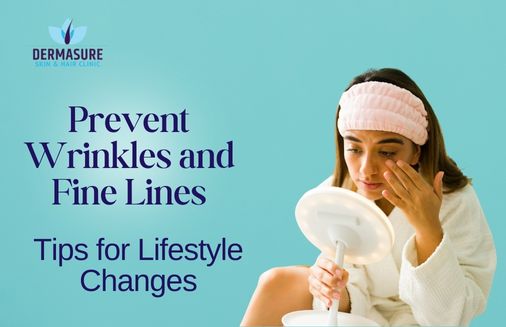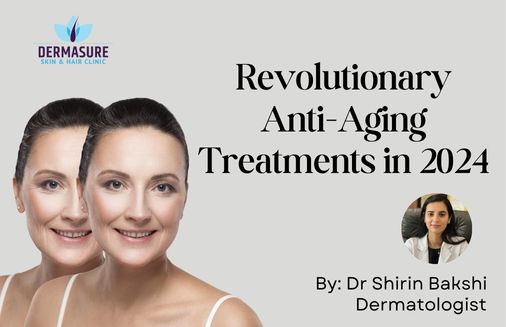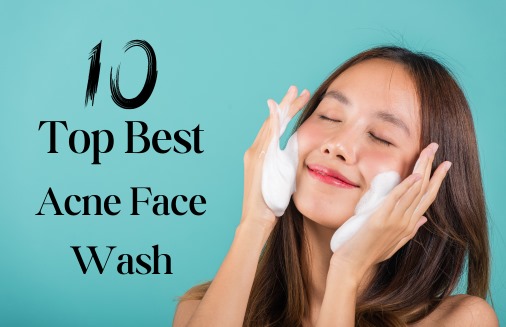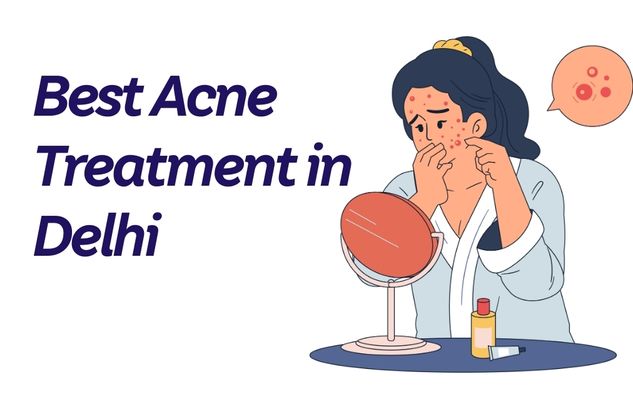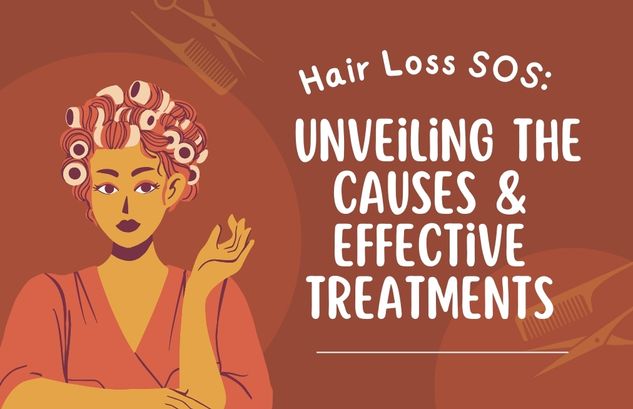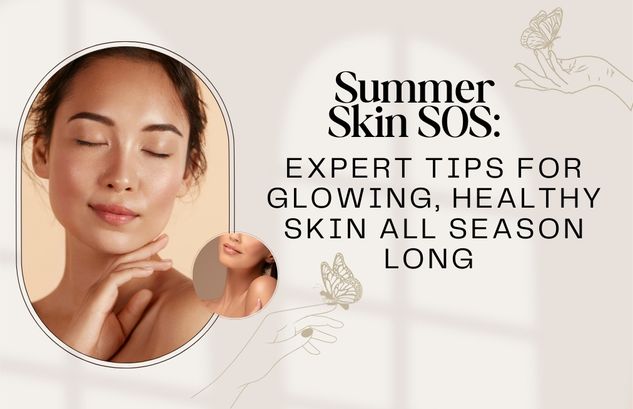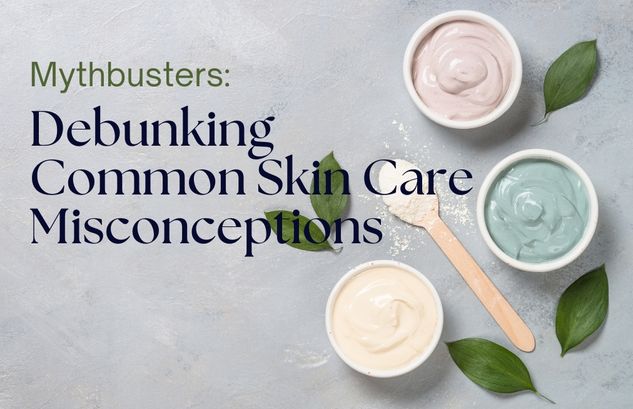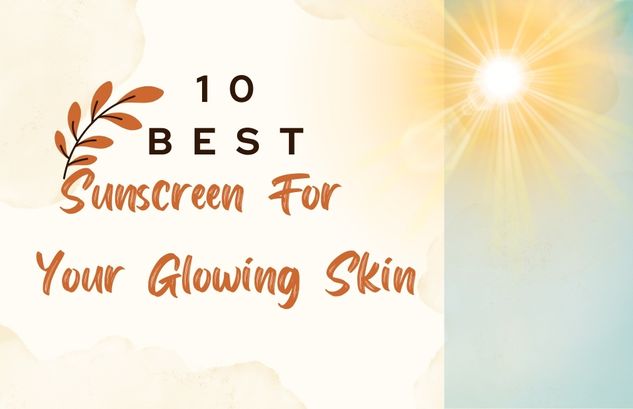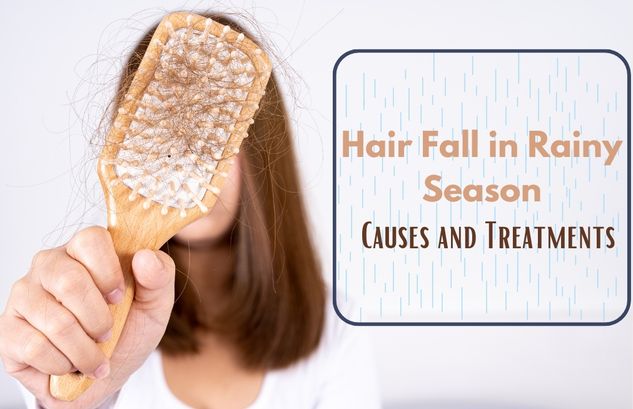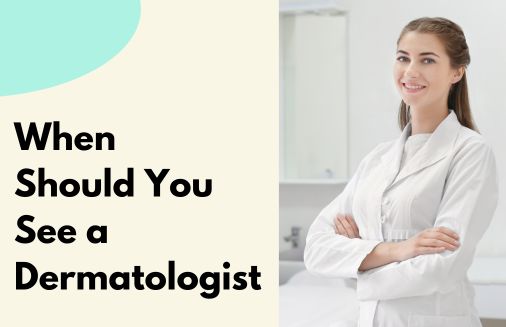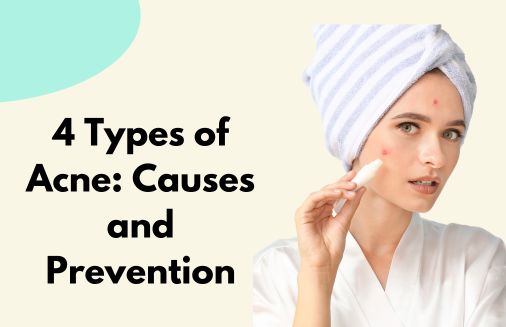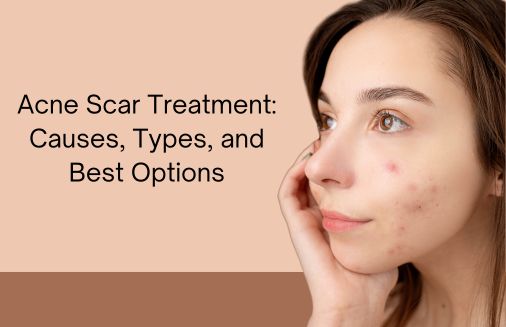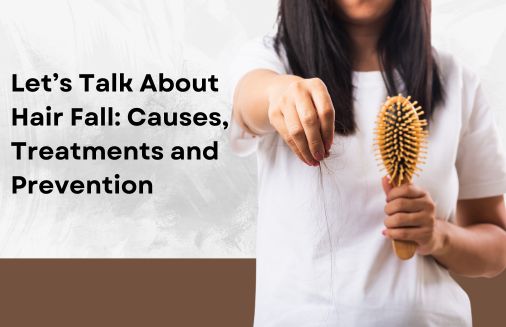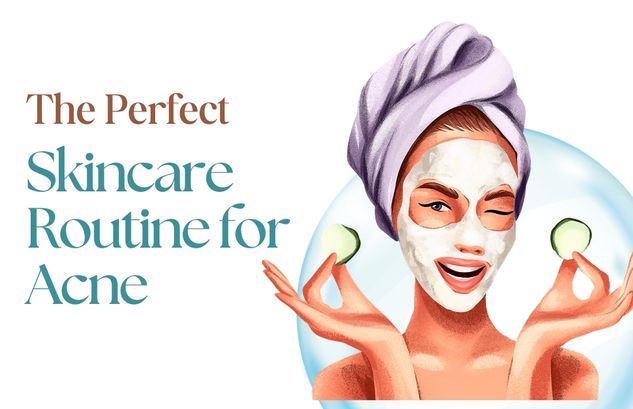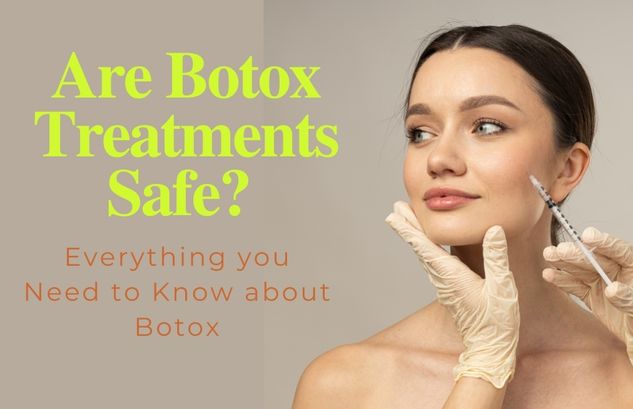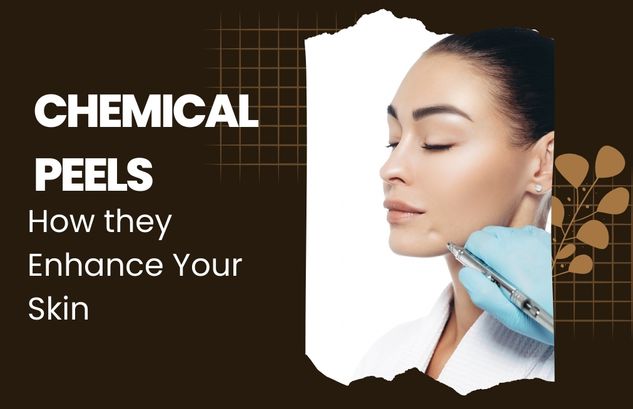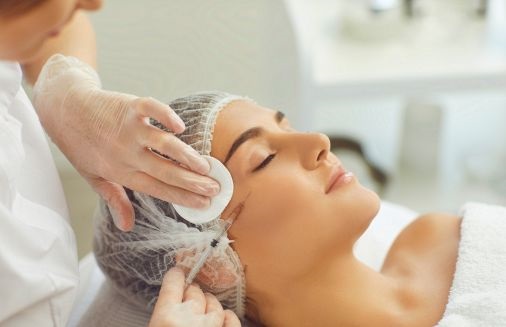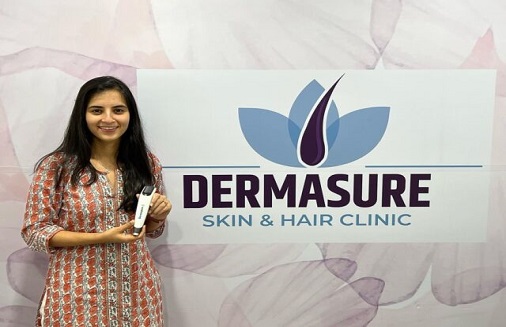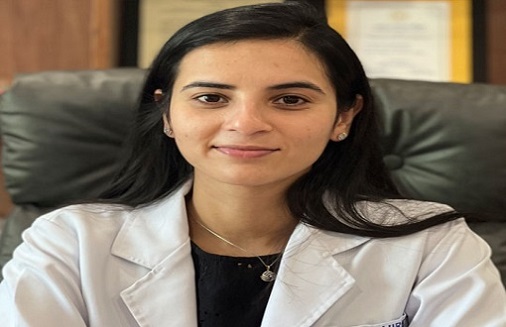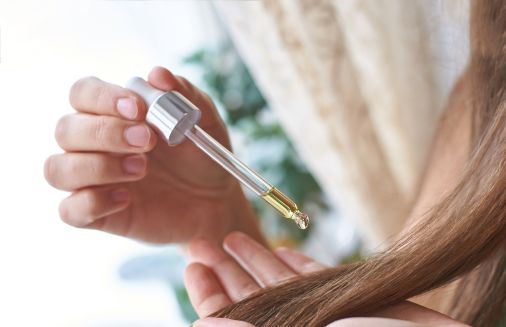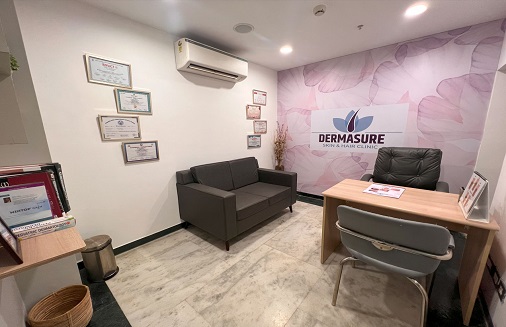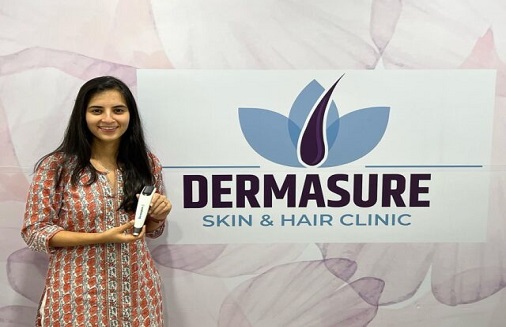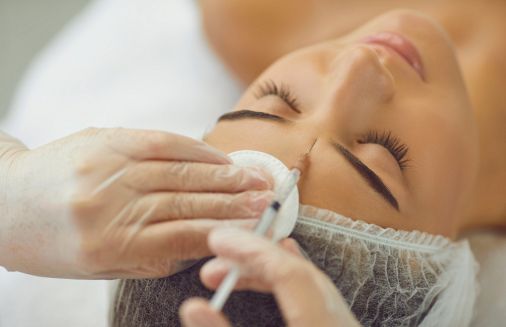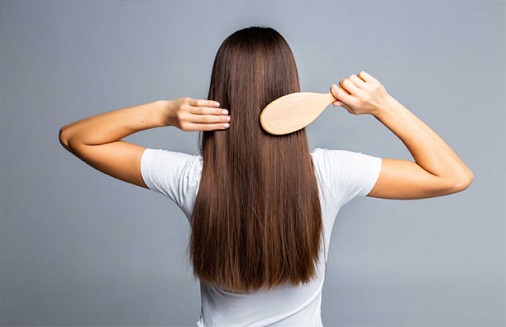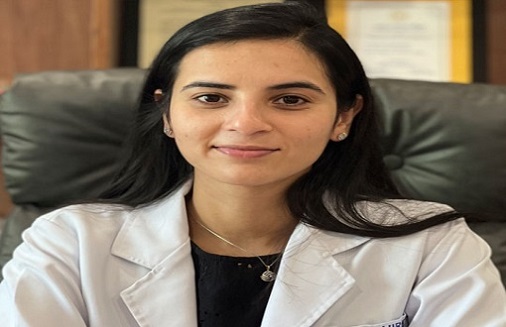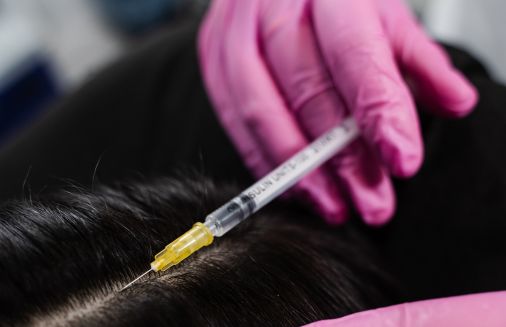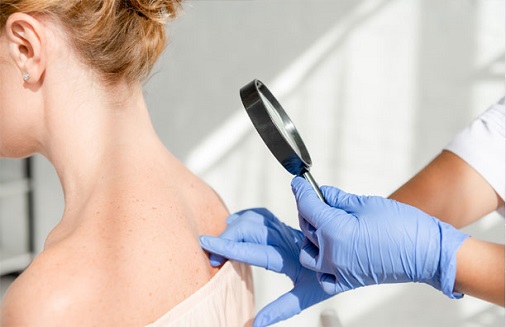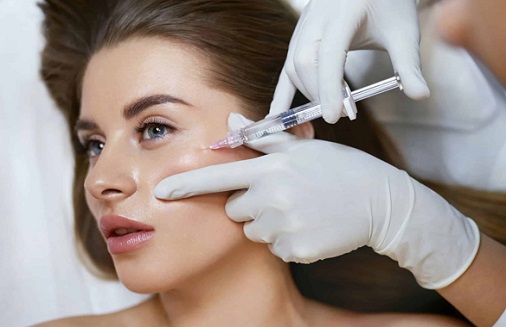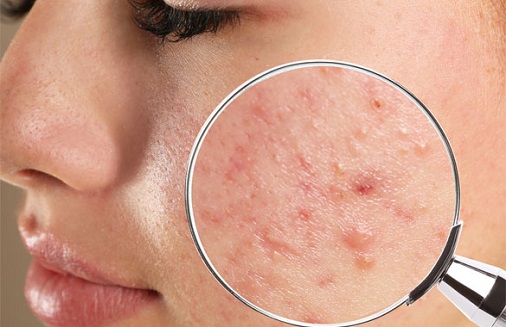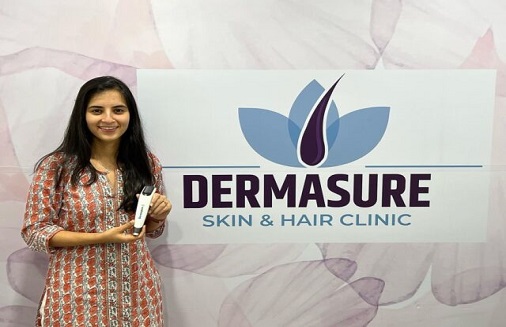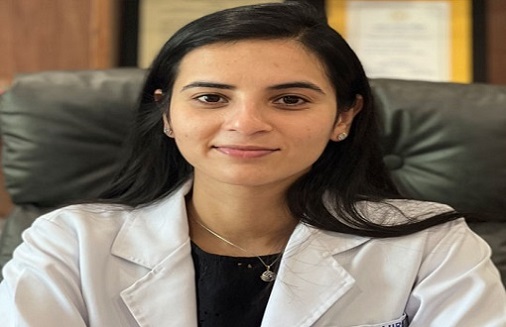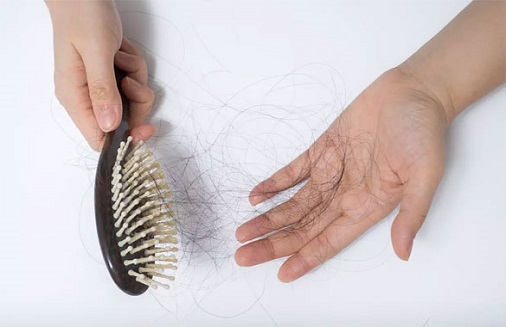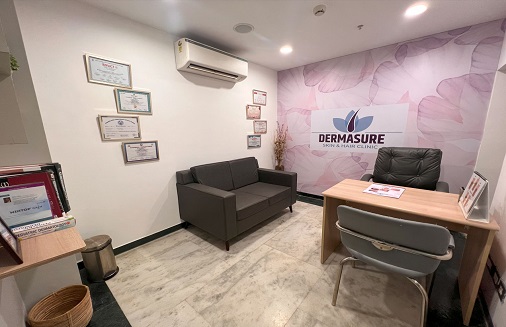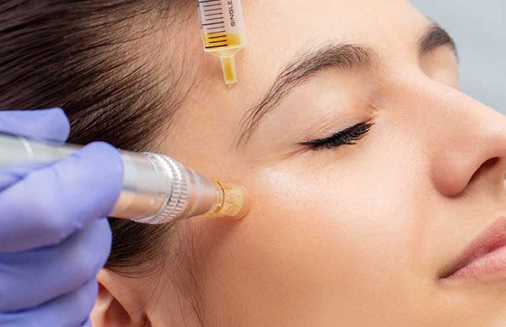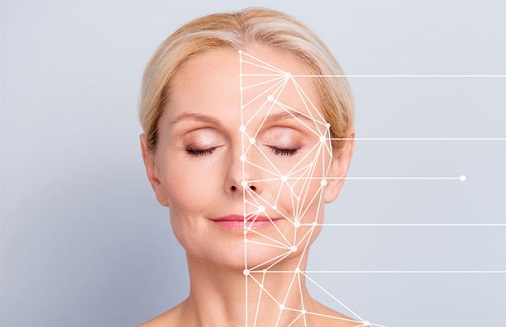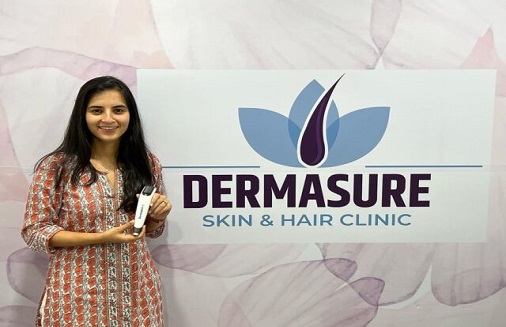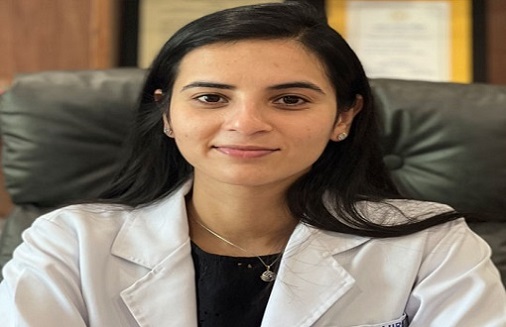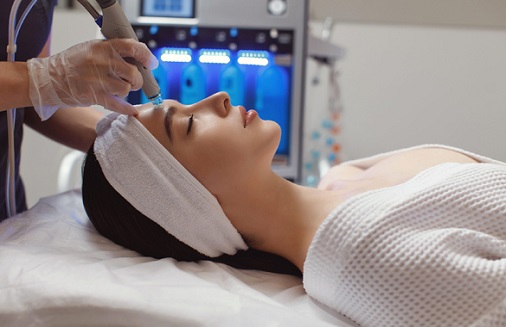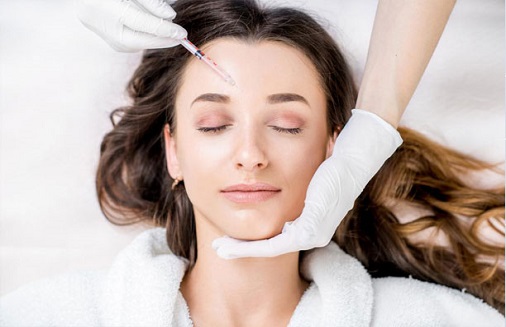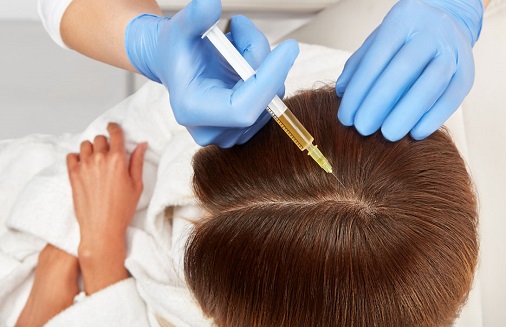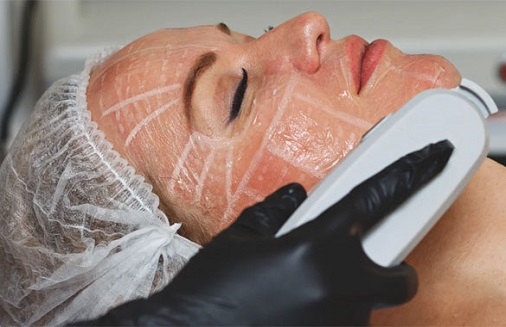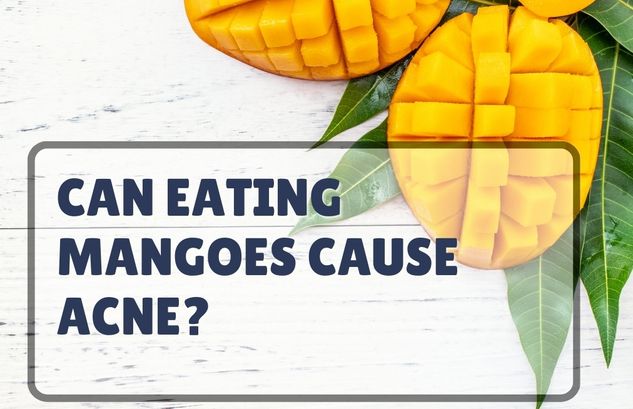
Is Mango Good for Acne? Mangoes are a summer speciality especially for a place like India. We celebrate this season like a festival and mangoes are its centrepiece. Apart from being everyone’s favourite fruit, mangoes are ripe, succulent and sweet but they can cause pimples and breakouts in one’s skin.
Can Eating Mango Cause Acne?
Yes, mangoes can cause acne. The pimple causing properties of mangoes come from phytic acid present in them. This acid is known for generating heat in one’s body making it more prone to acne.
Mangoes and Acne
Mangoes are rich in Vitamin C, Magnesium, Potassium & fibre. While mangoes are one of the healthiest fruits there is, its downside is that they cause acne. Due to an anti-nutrient phytic acid present in them, they disrupt the absorption of minerals and vitamins in your body. Hence, thermogenesis is produced, increasing the temperature and causing breakouts.
Nutritional Benefits of Mangoes
Mangoes contain Vitamin A and C that are essential for skin health. These nutrients help prevent inflammation, boost collagen and tighten skin. The high water quantity in mangoes helps in hydration, benefitting skin health. Properly hydrated skin is less prone to issues like acne and dryness.
High Sugar Content
Mangoes contain natural sugar but are lower on the glycemic index as compared to processed sugar. Eating too many mangoes can cause skin irritation and can lead to dryness.
Allergic Reactions
People with mango allergies can face issues like mouth itching, vomiting or breathing issues shortly after exposure to the fruit.
Overconsumption
Eating too many mangoes can cause imbalance of electrolytes, particularly potassium and can lead to heart and kidney problems.
Treatments for Acne
- Chemical peel: This procedure uses repeated applications of a chemical solution, such as salicylic acid, glycolic acid or retinoic acid. This treatment is for mild acne. It might improve the appearance of the skin, though the change is not long lasting and repeat treatments are usually needed.
- Dermapen 4 treatment: This ground-breaking microneedling device will not only eradicate the problem of acne, but also stimulates collagen formation, which tightens and rejuvenates the skin. This acne scar treatment in Delhi is one of the most reliable therapies that patients benefit from.
- Draining Acne: Visit your dermatologist to get whiteheads and blackheads or cysts gently removed. Acne that hasn’t cleared up with topical medications can be cured by this simple procedure.
Skincare Routine
- Cleansing: Cleansing is the first step to any skincare routine. Use a cleanser that not only removes dirt but also eliminates excess oil from your face. This gentle cleanser can contain ceramides, hyaluronic acid, and niacinamide.
- Moisturising: Try to supply your skin with the much needed moisture that you need everyday. Use face moisturiser (according to your skin type) that can hydrate your skin and repair your
Topical Treatments
Benzoyl Peroxide
Benzoyl peroxide works as an antiseptic to reduce the number of bacteria on the surface of the skin. It also helps to reduce the number of whiteheads and blackheads, and has an anti-inflammatory effect. Benzoyl peroxide is usually available as a cream or gel. It’s used either once or twice a day.
Topical Retinoids
Topical retinoids work by removing dead skin cells from the surface of the skin (exfoliating), which helps prevent them building up within hair follicles. Tretinoin and adapalene are topical retinoids used to treat acne. They come in a gel or cream based formula and are usually applied once a day before you go to bed.
Healthy Diet
Eating low-glycemic foods made of complex carbohydrates may reduce your risk of developing acne. Complex carbohydrates are found in: whole grains, legumes, and unprocessed fruits and vegetables.
Balanced Diet
Foods containing the following ingredients are also thought to be beneficial for the skin: vitamins A and E, the mineral zinc, & chemicals called antioxidants. Some skin-friendly food choices can also include vegetables like carrots, apricots and sweet potatoes. Foods like spinach and other greeny leafy vegetables, tomatoes, blueberries and more.
Nutrition
Whether it’s a myth or not, everybody’s body is different. Similarly, your body may react to different foods differently. With a dermatologist’s supervision, you can experiment with your diet and find out what works best for you.
Food like whole-wheat bread, quinoa, brown rice, turkey, beans, peas, and lentils, salmon, mackerel, and other kinds of fatty fish can be consumed.
Stress Management
It hasn’t been approved yet that stress causes acne but there are links to it. According to some sources, acne severity can get worse if you are facing emotional stress for 50% to 80% of people.
a. Relaxation Techniques
Help meditating, doing breathing exercises, getting enough sleep, listening to music, reading, yoga and walking. These simple techniques indicate a growth in positive moods among regular exercisers.
b. Regular Exercise
Regular exercising is the best way to reduce stress. Physical activity may help bump up the production of your brain’s feel-good neurotransmitters called endorphins.
Medical Treatments
Prescription Medications
- Azelaic acid is a naturally occurring acid produced by a yeast. It has antibacterial properties. A 20% azelaic acid cream is as effective as many conventional acne treatments when used twice a day.
- Salicylic acid may help prevent clogged hair follicles and is available as both wash-off and leave-on products.
- Dapsone (Aczone) 5% gel twice daily is recommended for inflammatory acne, especially in women with acne. Side effects include redness and dryness.
- For moderate to severe acne, you can get oral antibiotics to reduce bacteria. Usually the first choice for treating acne is a tetracycline (minocycline, doxycycline) or a macrolide (erythromycin, azithromycin).
- Isotretinoin (Amnesteem, Claravis, others) is a derivative of vitamin A. It may be prescribed for people whose moderate or severe acne hasn’t responded to other treatments.
Professional Procedures
- Chemical peels like salicylic, retinoic, or glycolic acid remove hyperpigmentation and rough texture, giving the skin a clean and clear appearance.
- Cortisone injections are most effective for inflammatory acne, such as cystic pimples, swollen papules, and painful nodules.
- Dermapen 4 is a ground-breaking microneedling device that not only eradicates the problem of acne, but also stimulates collagen formation, which tightens and rejuvenates the skin.
Conclusion
It has been advised that if you get frequent pimples and acne, you need to consult the best dermatologist in south delhi today. If you live with regular acne then you know it’s a common condition and can happen to anyone.
Just know that acne is very treatable. With the right series of effective treatments by a professional skin doctor you have the option to reduce pimples and minimise your chances of scarring. Book a consultation with the best dermatologist in Delhi NCR now.


